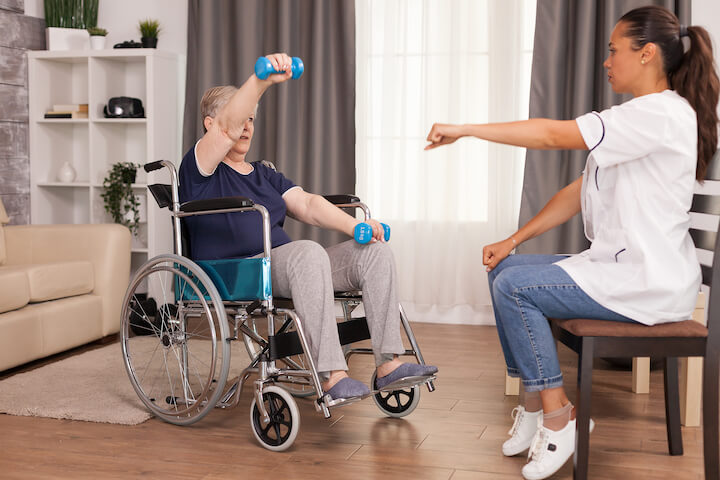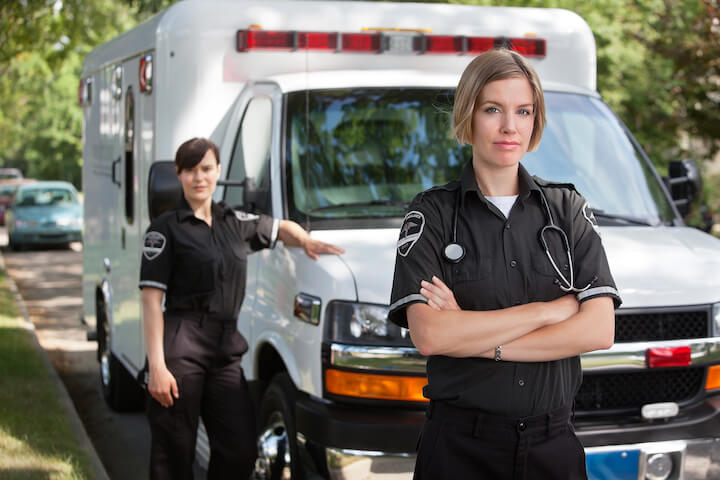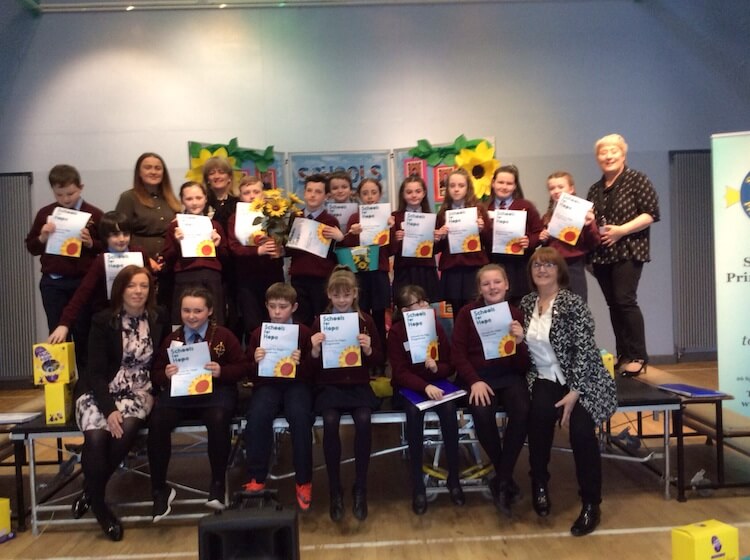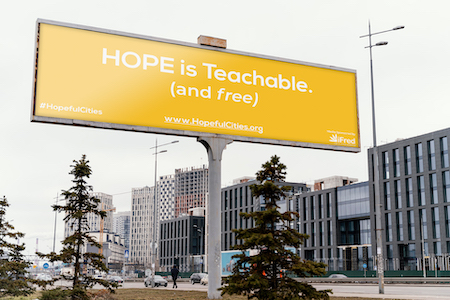About Hopeful Mindsets®
Hopeful Mindsets™ is based on the work of leading experts on Hope, Mindset, Mental Health, Stress, Positive Psychology, Business, Communications, and more. Using the Five Keys to Shine Hope™ as a foundation, Hopeful Mindsets takes them a step further, suggesting that using these Five Keys and applying it to any situation can take you from hopelessness, to hope.
You can learn more about the Five Keys to Shine Hope and download free Five Keys to Shine Hope posters here.
Hope is an innovative way to address mental health, as it is preventative in nature. Your Hope Score (we use Snyder’s Children and Adult Hope Scale) predicts your future likelihood of anxiety and depression. So just because you have experienced anxiety and depression doesn’t mean it is your destiny, as you can proactively practice and manage your hope. So while we don’t treat depression or anxiety, we do teach the “how-to” of hope.
Our work started based on Lin Abramson’s definition of hopelessness that hopelessness is both emotional (despair) and motivational (helplessness). That is why, when we teach hope, we emphasize how to get out of despair to positive feelings, and from helplessness to inspired action.
It is based on our work with Hopeful Minds, which our Founder Kathryn Goetzke created as she has studied hope globally for many years, and been active in the mental health community.
“HOPE is a social gift, and so a big part of nurturing and restoring hope for students is finding ways to be connected.”
Dr. Chan Hellman, PhD
Professor in the Anne & Henry Zarrow School of Social Work at the University of Oklahoma
Our initial program, Hopeful Mindsets on the College Campus, showcases the ‘how-to’ of having a Hopeful Mindset no matter what challenges you. A student’s level of hope predicts if they will return for a second year, so it is doesn’t just make human sense, it makes business sense.
We aim to then grow to other segments, using the same course structure. Reach out if you want to partner with us in making any of these programs a reality, or have an idea of your own. We aim to build upon our work to create programming in the following:

Caregivers

Workplaces

Entrepreneurs

Individuals in Recovery

First Responders

Social Workers
About our Other Projects
Looking for other ways to activate hope in your life or inspire hope in your community? Check out our other programs below:

Hopeful Minds
There is no better way to learn about hope than to start teaching it. The Hopeful Mindsets courses were created based on the Hopeful Minds curriculums and resources. Hopeful Minds is a project aimed at equipping teachers, parents, students, and people everywhere with the tools they need to create, maintain, and grow hope.
To start exploring the Hopeful Minds curriculums today, visit this page.
The Hopeful Minds curriculums have been designed to be easily taught by anyone. Each lesson contains background information for educators, as well as detailed lessons, worksheets, and activities. Hope lessons are taught in simple language with real-life examples and interactive prompts.
Hope is not something that has typically been “taught.” As a result, for many teens and adults, it is necessary to change pre-existing habits, such as worrying, internalizing failure, ruminating, reacting when in the downstairs brain, and trying to control the uncontrollables.
This is also why it is so essential that we teach hope to kids. By teaching hope skills at an early age, we are equipping our children with the critical skills they need to be successful throughout their lives.
So if you want to really understand hope at a deep level, get out in your community and start teaching about hope. It has changed the lives of so many around the world, and we hope it changes yours.

Hopeful Cities®
Hopeful Cities®, was created based on research that suggests that hope is a teachable skill. It launched the first-ever Hopeful City of Reno, Nevada. It was created as a marketing plan in action that operationalizes hope as it creates awareness about the importance of it. Find out more.
Activating Hope with Hopeful Cities
You can’t wish for a Hopeful City. Hope takes action. Hopeful Cities provides a playbook of ways to activate hope in your community. The Playbook is intended to give cities, counties, states, and countries an accessible and action-oriented resources to activate hope in their own city. As hopelessness is predictive of weapon-carrying on school property, violence, crime, addiction, and more, we must start teaching the ‘what’ of hopelessness, and ‘how’ of hope. This Playbook gives you the resources to do so. Get a copy of the Hopeful Cities here.





